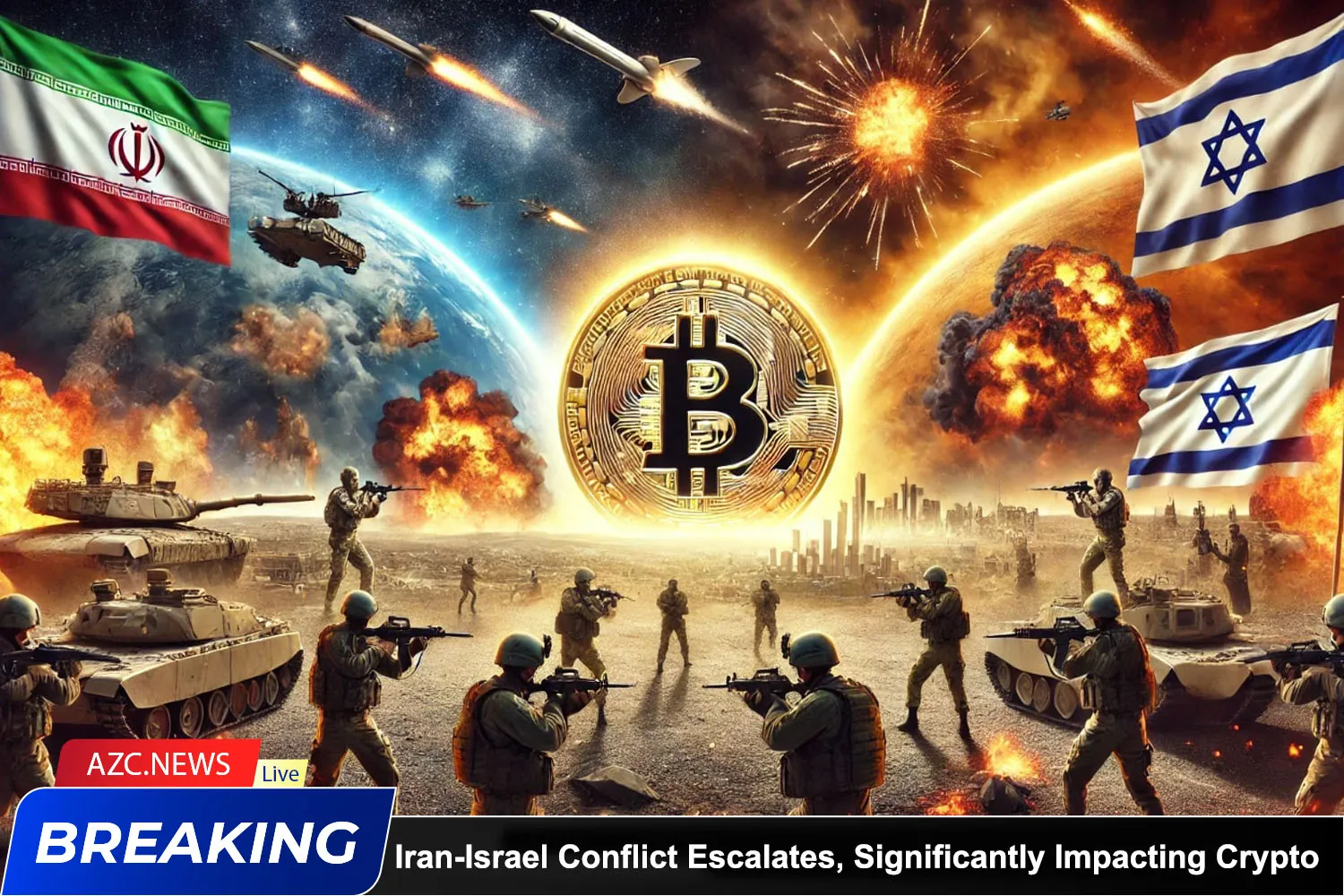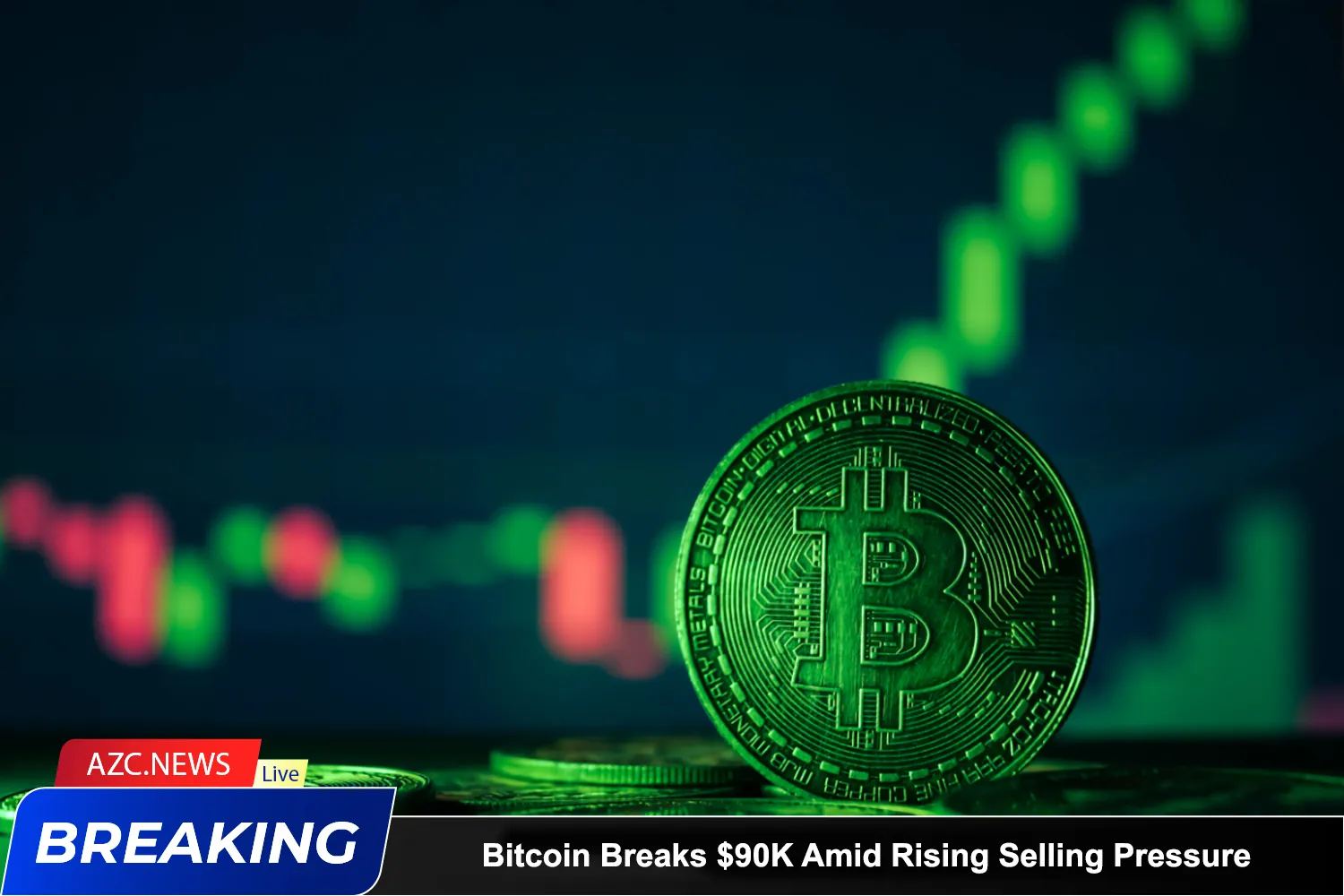On June 19, the Middle East plunged into turmoil as Iran and Israel continued to bomb each other, resulting in hundreds of civilian casualties and pushing the region to the brink of full-scale war. The situation intensified when U.S. President Donald Trump hinted at the possibility of military intervention, stating, “I may act, or I may not.” Meanwhile, Iran’s Supreme Leader Ali Khamenei responded firmly, warning that the U.S. would face “unimaginable consequences” if it intervened in the conflict.
Direct Warfare: A Dangerous Turning Point
For the first time in decades, Iran launched missiles directly at Israel, killing more than 20 civilians. Israel retaliated strongly, claiming to have destroyed Iran’s nuclear facilities and ballistic weapon stockpiles, while intercepting multiple UAVs from the adversary. Prime Minister Benjamin Netanyahu asserted, “We will gradually eliminate the threat from Iran.”
Chaos engulfed Tehran as thousands of residents fled the city. Amid this backdrop, nuclear negotiations between Iran and Europe were scheduled to take place today (June 20) in Switzerland, but the prospects for reconciliation remain extremely fragile. Experts warn that if the U.S. officially enters the conflict, the violence could spiral out of regional control, leading to global repercussions similar to previous Gulf wars.
Related: How to Participate in the PrismaX Airdrop
Crypto Market Shakes Amid Crisis
The geopolitical tensions in the Middle East threaten to cause significant volatility in the cryptocurrency market. Investors are inclined to shift toward safe-haven assets like gold and stablecoins, while Bitcoin and altcoins face the risk of being sold off to realize profits or cut losses.
Notably, Iran’s use of cryptocurrency to evade international sanctions is under close scrutiny. Platforms like Nobitex—recently hacked for $100 million—could continue to be targets of cyberattacks or sanctions from the West. If the conflict persists, many large investment funds may defer their plans to invest in crypto, creating substantial pressure on the entire market.
In light of the globally unstable political landscape, crypto investors need to exercise caution, closely monitoring developments in the Middle East and U.S. actions to adjust their strategies accordingly. The cryptocurrency market is entering a turbulent phase, demanding vigilance and flexibility to mitigate risk.








